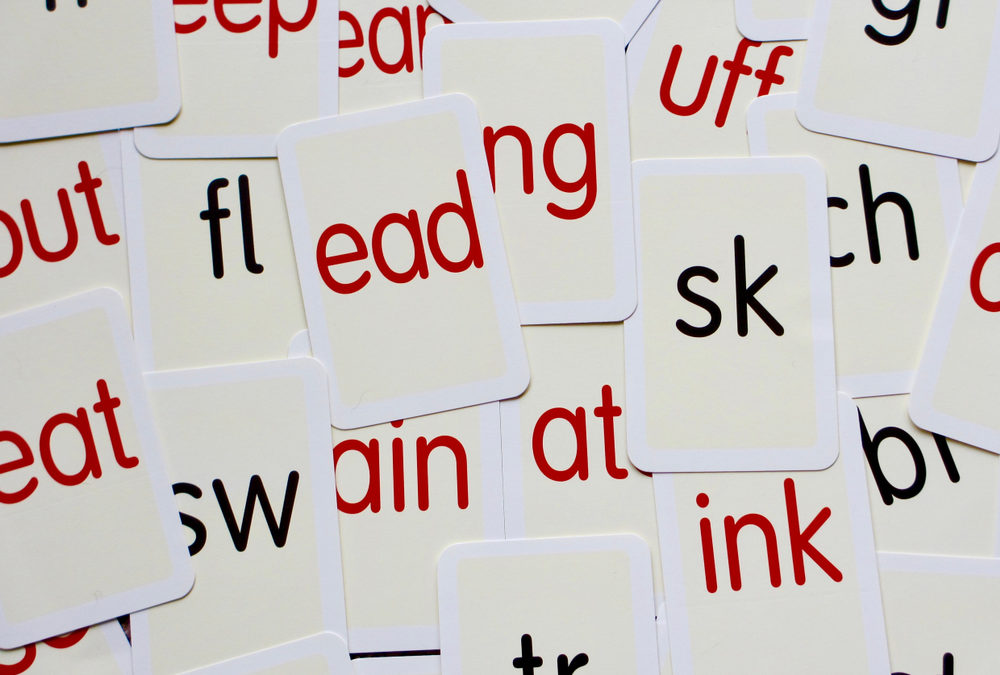by Erica L. Meltzer | May 5, 2012 | Blog, Issues in Education
I tutored an awful lot of AP comp this year… Somehow, I didn’t quite realize that the exam had been tweaked since I took it in 1999. Although I’ve tutored it before, I think I blocked out the actual experience of taking the exam as soon as it was over, and so I was mildly taken aback when one of my students mentioned how incredibly glad he was that it no longer included anything like the Susan Sontag prompt from 2001 (third question). Granted the 2001 question is very difficult, even by AP standards, but it’s still closer to what I remember (click here to see the 1999 questions from the test I took).
Here, by way of comparison, is the 2012 test (see the third question): the open-ended quote has now been replaced by the presumably more “relevant” synthesis essay.
I was under the mistaken impression that AP exams are intended to test college-level skills. I think it’s fair to say that 2001 fulfills that requirement; 2012 I’m not so sure about.
Not coincidentally, David Coleman, the incoming president of the College Board and champion of the AP program, is concerned about why so many students are unable to achieve passing grades on AP exams.
The obvious solution? Make the exams easier, of course!
That way everyone wins: the College Board can extol the virtues of the Common Core and its curriculum reforms program, and no one ever has to confront the fact that kids aren’t actually learning anything of substance because they’re spending all their time prepping for standardized tests. And since the kids will be totally lacking in critical thinking skills, it won’t occur to them to protest the watered-down excuse for an education they’re being served.
After all, who really cares about Sophocles and the dangers of pride when there’s the United States Post Office to worry about?

by Erica L. Meltzer | Mar 14, 2012 | Issues in Education
Catherine Johnson’s recent post over at Kitchen Table Math got me thinking about a relationship that’s I’ve been curious about for a while: namely, that between exposure to phonics and the ability to figure use roots to figure out unfamiliar words on the SAT.
One of the things I’ve begun to notice recently is that I can generally distinguish between kids who were taught to read using a whole language approach and those taught to read using phonics. Almost invariably, the kids who were taught using whole language have considerably more difficult breaking words apart and examining their component parts. I tend to see this much more prominently when I tutor French or Italian — often a student will read the first couple of letters in a word and then simply guess what the rest of it says, which is an absolute disaster in French — but I see it when I tutor the SAT as well, albeit in a more roundabout way. (more…)

by Erica L. Meltzer | Jan 6, 2012 | Blog, Issues in Education
Well, it all depends on what you mean by “prepare.”
Let me back up for a moment and explain how this post came about: a couple of months ago, I was talking with a friend who was applying to dental school, of all things, and we somehow got into a conversation about the role of standardized testing in the American college admissions process. Having grown up in Korea, where the test-prep culture is actually a good deal more intense than it is in the US, my friend knew a thing or two about how crazy the whole standardized testing process can be, and I started telling her about some of the more common misconceptions that international students have about the SAT (particularly international students coming from countries where admission to top schools is determined solely by test scores). One thing led to another, and before I knew it, she told me that I should write up everything I’d just told her and post it on my site as an overview for international applicants. She even offered to translate it into Korean.
(more…)

by Erica L. Meltzer | Nov 5, 2011 | Blog, Issues in Education, SAT Critical Reading (Old Test), Tutoring
A couple of years ago, I tutored a pair of best friends for the SAT. Although one of them was considerably more motivated than the other, both were smart, intellectually curious, and lots of fun to work with. Neither, however, was what you would call a natural standardized test-taker when it came to Critical Reading: both had junior PSAT Reading scores around 500. I worked with them regularly starting in the fall of junior year, and fortunately they both managed to pull up their scores quite a bit: by the spring of their junior year, they were both reliably scoring more than 100 points higher, and both ultimately attained scores in the high 600s.
I wish that I could say that their experiences were typical, but unfortunately they were the exception rather than the rule. Critical Reading scores, unlike Writing and Math scores, are notoriously difficult to raise. While I’ve had many students who did manage to raise their CR scores by 100+ points, I’ve had others whose scores I simply could not get to budge, no matter how many different approaches I tried. (As I explained to their parents, I may be very good at what I do, but I do not actually possess magical powers when it comes to the SAT.) (more…)
by Erica L. Meltzer | Sep 19, 2011 | Blog, Issues in Education
The New York Times reported several days ago that SAT Verbal scores are down.
Granted the drop isn’t immense — three points in Reading (to 497), two in Writing (to 489) — but it’s still generating a fair amount of hand-wringing. Given that the Writing section is the most straightforward section to prep for, I find it perversely impressive that 1) Writing scores have been consistently lower than scores in the other two sections; and that 2) average Writing scores have actually dropped every year since the section was introduced in 2005 (although the number of 700-800 scores spiked by about 5,000 this year).
Among the proposed reasons for the drop are shifting demographics, including an increasing number of students who speak more than one language at home (27 percent up from 19 percent a decade ago) and an increasingly narrow focus on preparation for state-mandated standardized tests.
Based on what I’ve observed, I think that there’s also something else going on here. As a disclaimer, let me say that most of the students I work with are decidedly not disadvantaged (some of them attend schools that are more selective than most of the Ivy League — for kindergarten), but nevertheless, I have noticed some disturbing trends in their schoolwork, trends that I suspect are probably echoed at schools both private and public.
First, the total, utter absence of vocabulary tests. Some of my students tell me that the last vocabulary test they had was in fifth grade. Some of them tell me that they’ve just plain never had a vocabulary test. It’s no wonder that they have spend their time cramming hundreds or even thousands of words before the SAT — they’re trying to stuff into a period of months the kind of knowledge that is better acquired over a period of years. And because they’re memorizing words from lists or flash cards rather than encountering them in the more organic context of actual reading, they often miss the kinds of nuances and/or second meanings that the SAT is fond of testing (e.g. “to embroider” can mean “to invent,” not just “to sew.”)
Which brings me to my second point: more and more, I’m encountering students who, with the exception of a Shakespeare play or two, rarely have to read works written before the twentieth century.
Occasionally I’ll be called on to help someone with a paper on Dickens or Twain, but very, very rarely anything before that. Far more frequently, my students are required to read novels written over the past few decades. While there’s nothing wrong with contemporary fiction per se, I’m going to pull out my uber (literary) conservative Harold Bloom-esque claws and say that a lot of it just shouldn’t have a place in the high school classroom. By focusing on works that students can relate to, schools deprive them of the chance to grapple with unfamiliar vocabulary, characters, and situations, as well as the opportunity to decode challenging literal meanings. If these skills aren’t built up steadily over a long period of time, they can be almost impossible to develop in a flash when the SAT rolls around. It’s no surprise that most students are utterly flummoxed by the “Miss Keeldar” and “Trabb’s boy” passages in the Blue Book — the language and diction are so foreign to them that they simply have no idea how to make sense of what’s being said.
As for the Writing section… well, let’s just say that I’m overjoyed, not to mention shocked, when a student can actually identify a preposition, never mind a prepositional phrase. I’ve had maybe five students who could absolutely nail comma splices off the bat (indicating they knew what a sentence was), and many have continued to struggle with the distinction between the simple past (“went”) and the past perfect (“had gone”) for months. Even when they’ve covered the same grammar in French or Spanish, they’ve learned it so poorly that they can’t establish any relationship between it and the English grammar on the SAT.
While I don’t doubt that there are a handful of very rigorous high schools that are still doing an exceptional job of inculcating the skills necessary to ace the SAT, the vast majority — at least from what I can tell — are simply not.
So what to do?
Dump the test (as Fair Test would have it)? Or, perhaps, take a good, hard look at what’s actually being taught in American schools…?


